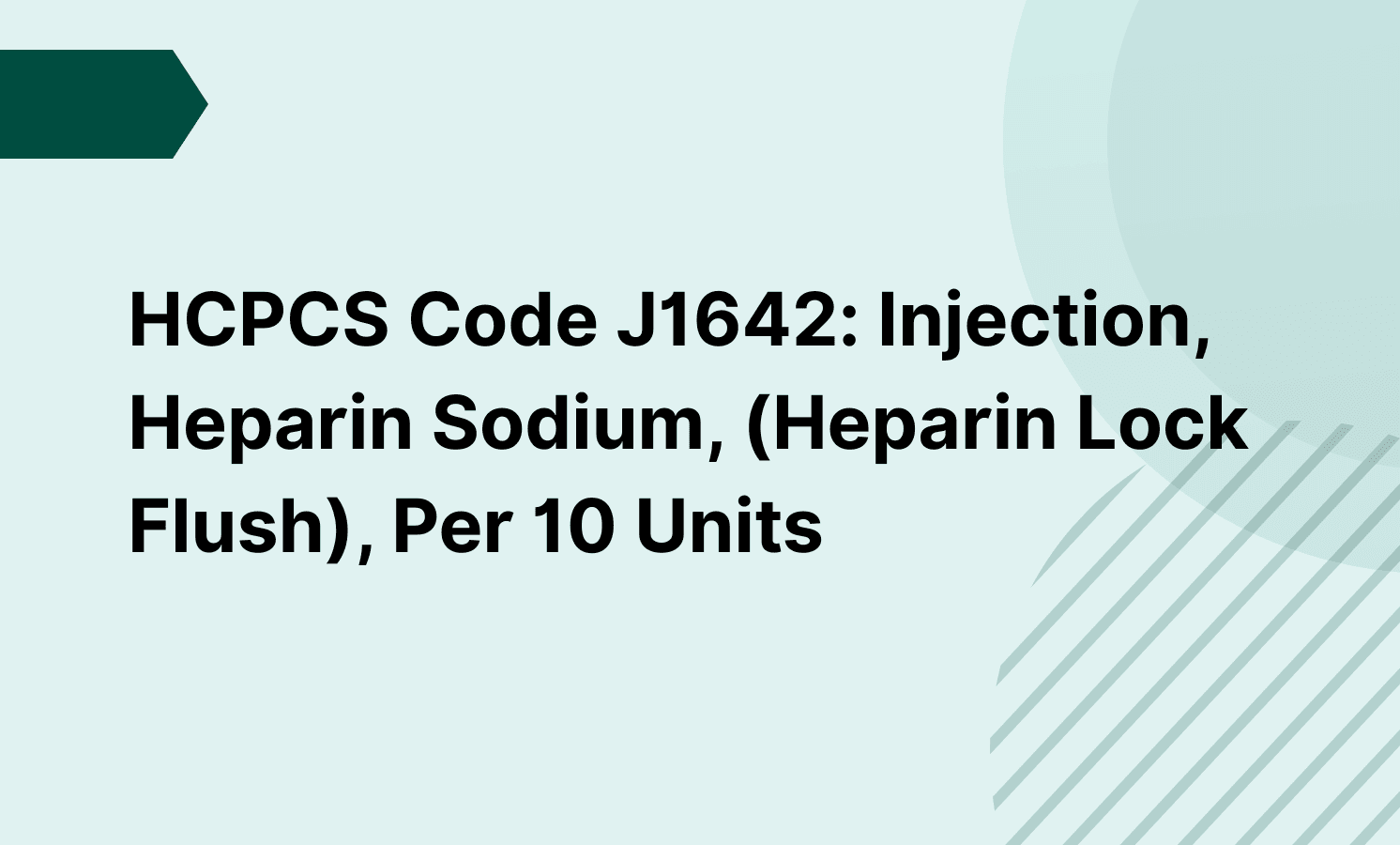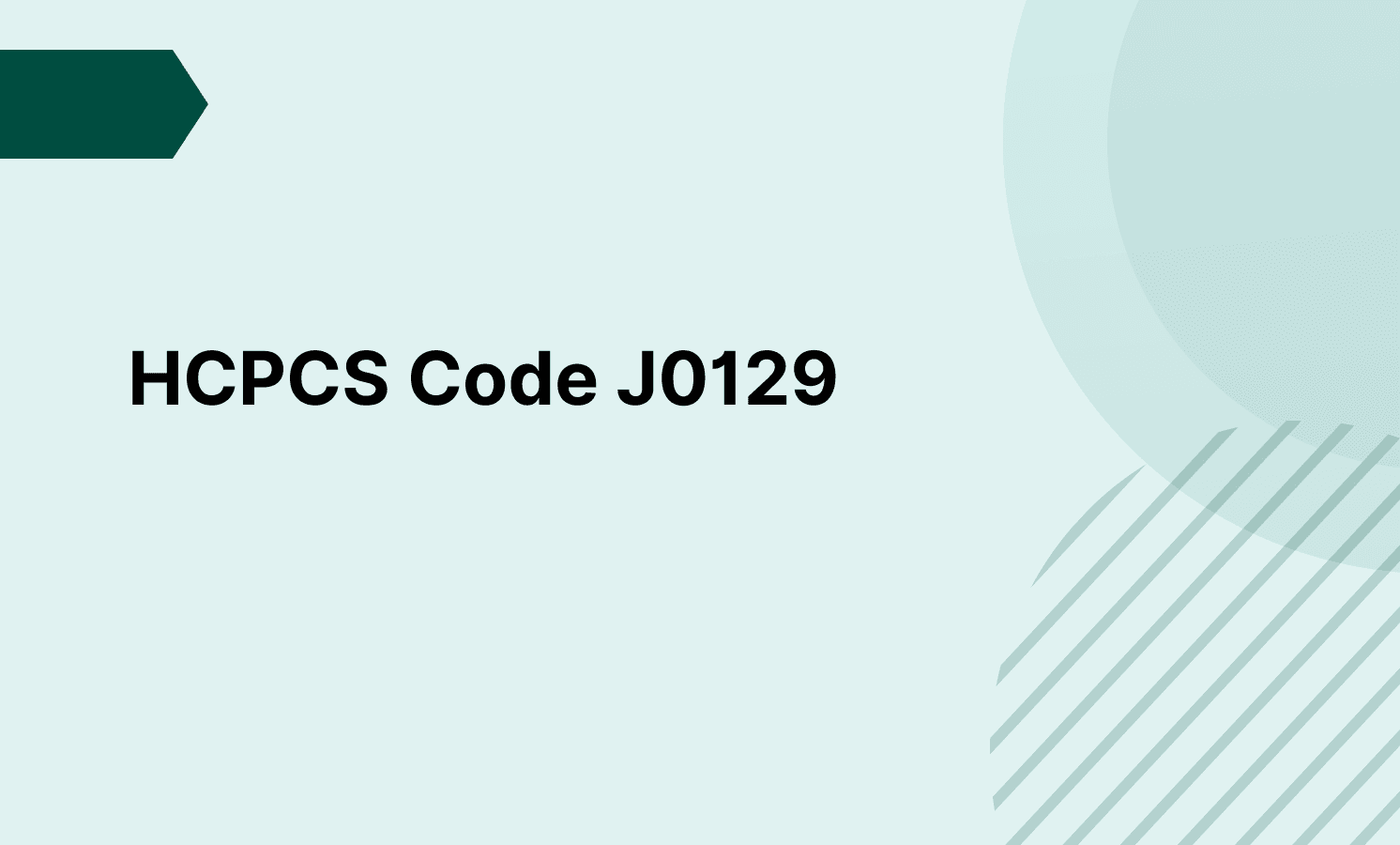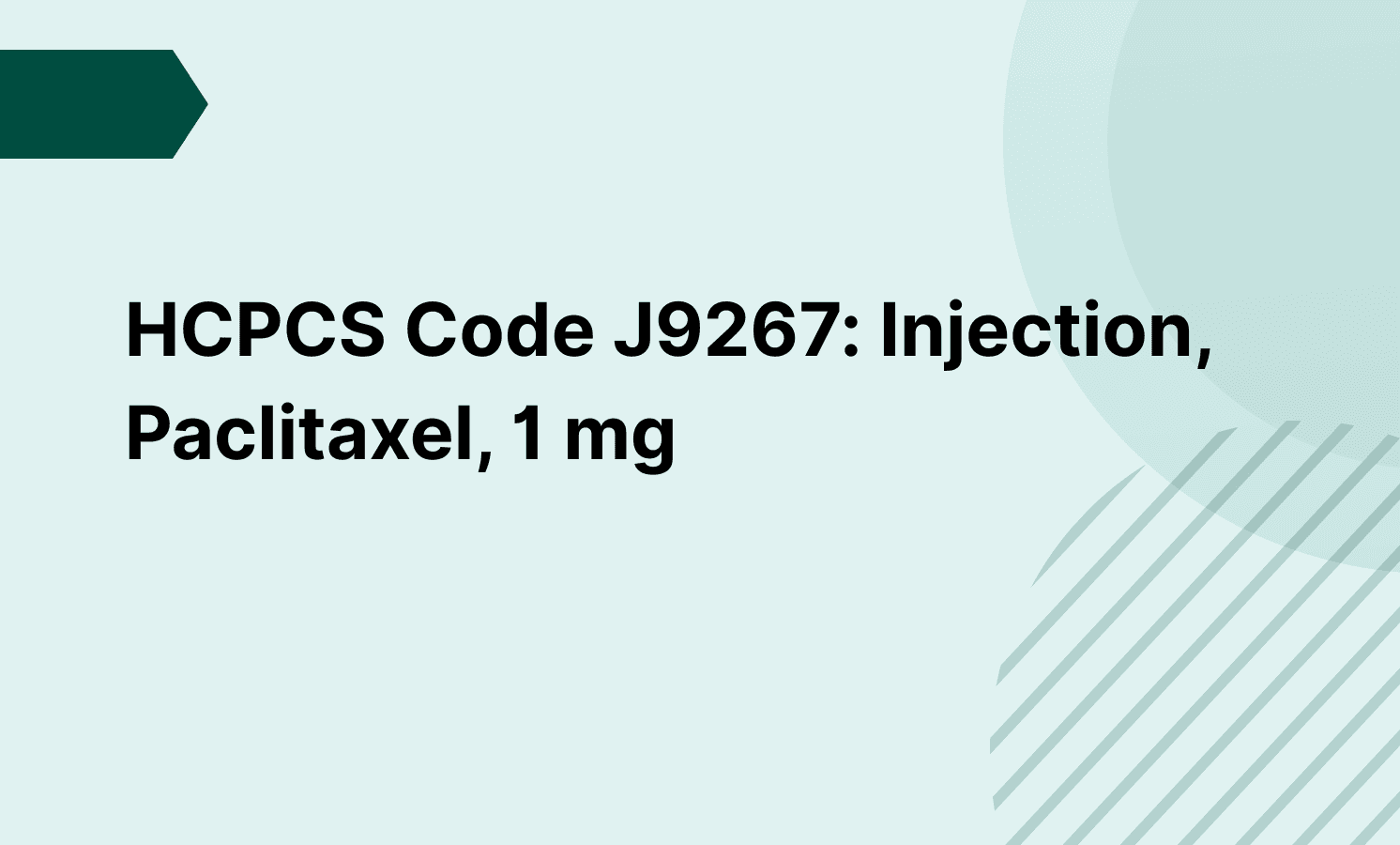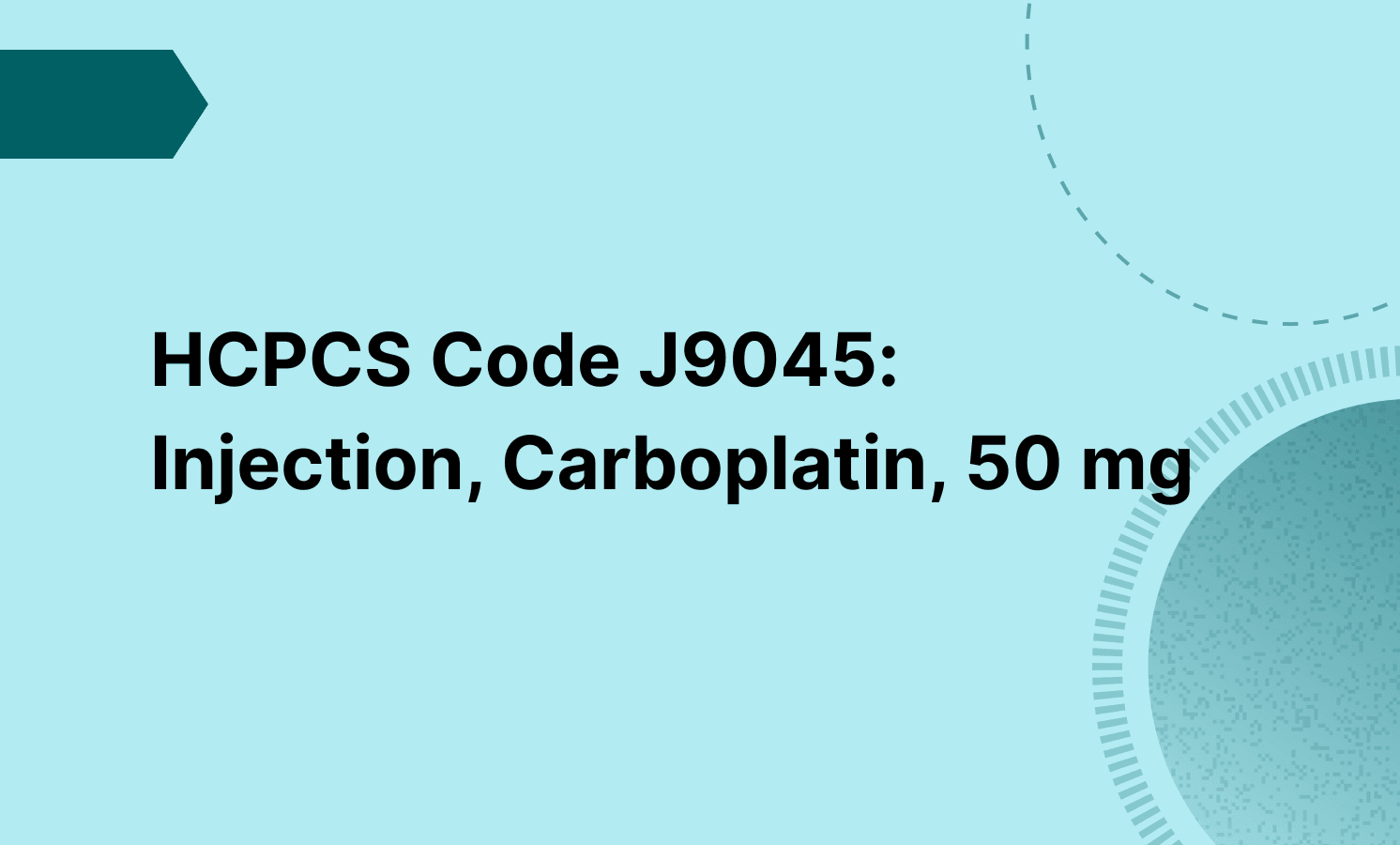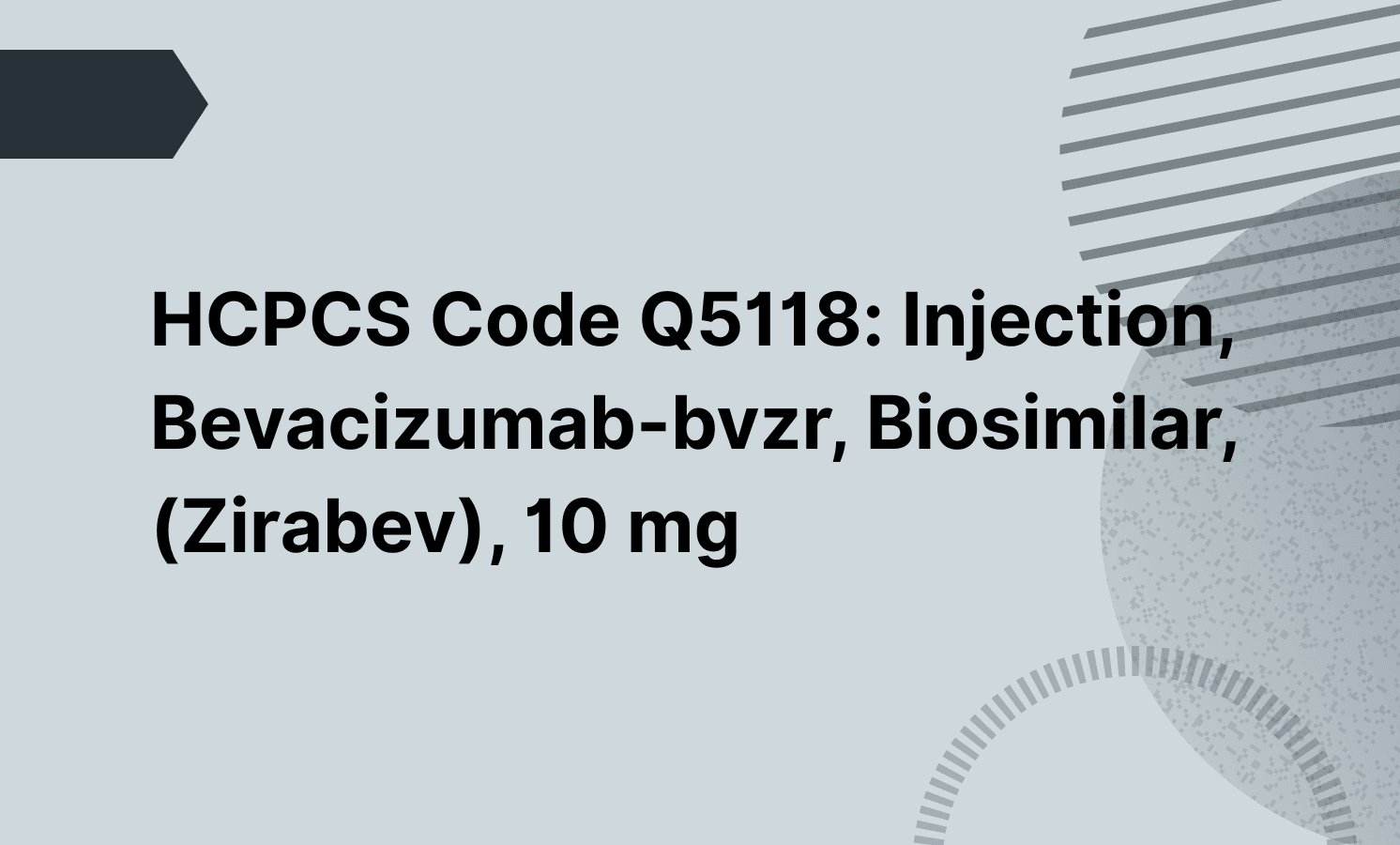CPT code 96160 refers to the administration of a patient-focused health risk assessment instrument, such as a health hazard appraisal, with scoring and documentation, per standardized instrument. This code is used when a healthcare provider administers a validated, scorable questionnaire to identify specific health risks that may impact a patient's physical health and documents the results in the patient's medical record.
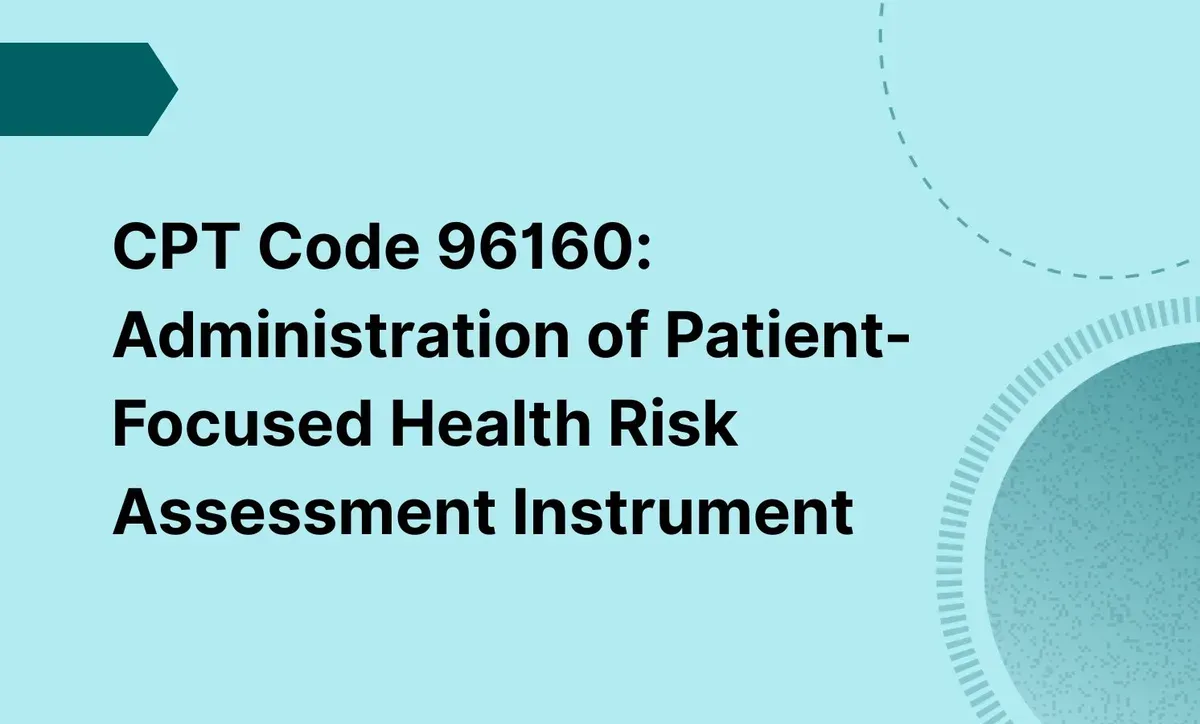
CPT Code 96160: Administration of Patient-Focused Health Risk Assessment Instrument
Know more about the 96160 CPT code for health assessments and screenings, its applications, and billing insights.
Frequently asked questions
CPT code 96160 can be billed as a standalone service only if it is not considered part of another service being provided during the same visit, such as a Medicare Annual Wellness Visit or preventive service. If the health risk assessment is already included in another billed service (e.g., a well visit), 96160 should not be billed separately.
The primary difference between CPT codes 96127 and 96160 lies in the focus of the assessment: 96127 is used for brief emotional or behavioral assessments targeting mental health conditions (such as depression inventories or ADHD scales), while 96160 is used for patient-focused health risk assessments that evaluate how various factors (including mental health) may affect a patient's physical health.
EHR and practice management software
Get started for free
*No credit card required
Free
$0/usd
Unlimited clients
Telehealth
1GB of storage
Client portal text
Automated billing and online payments

